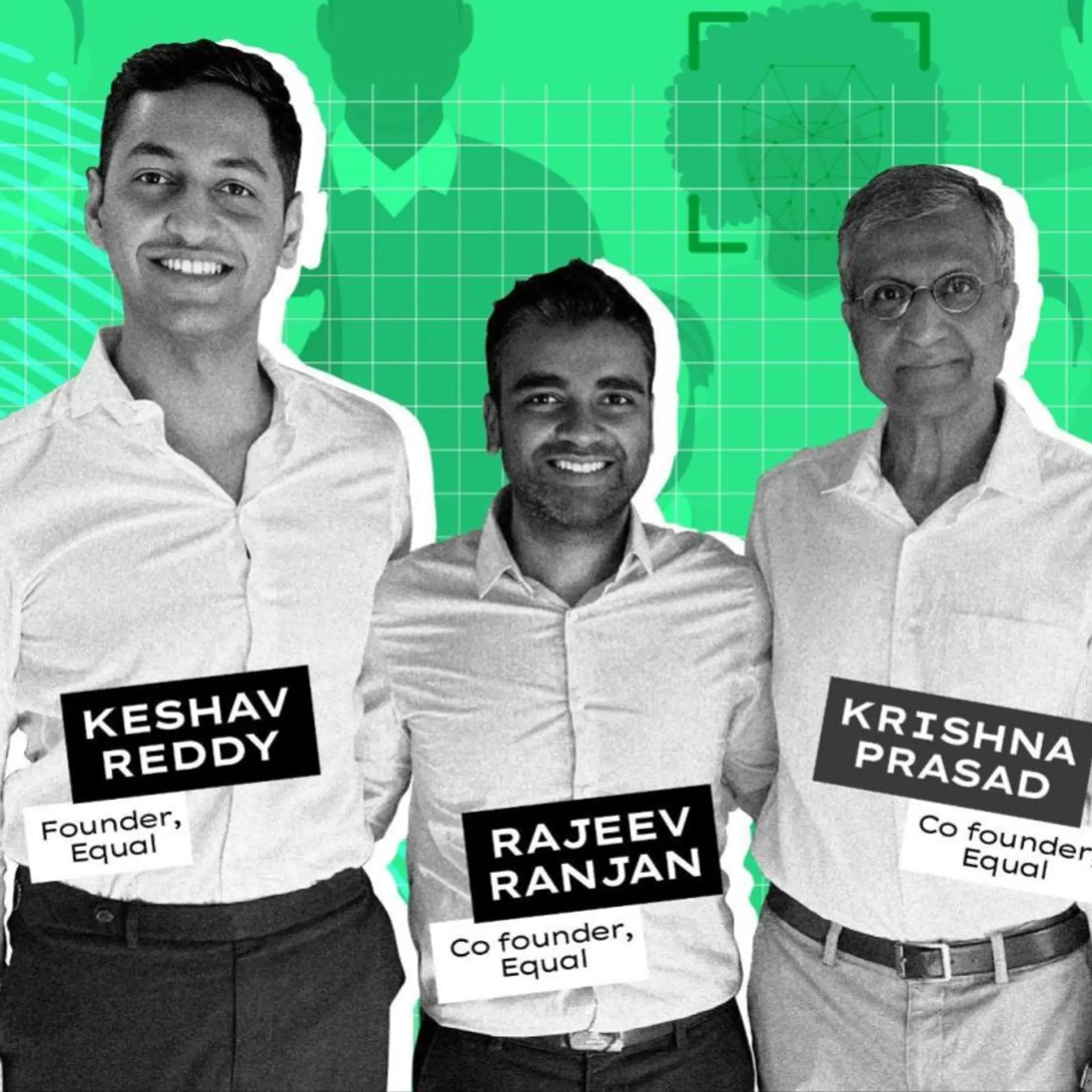How these organisations and individuals are helping break the 'period' taboo
I am a woman and I get my periods. Isn’t it common sense to know that? Or is it a totally bizarre piece of information? If the former is true, then why do women hesitate to ask for ‘pads’ or ‘tampons’ in public or shove them up their sleeves on their way to the bathroom? Why are we forced to speak about the whole situation in whispers?
The most annoying part is how it is considered inappropriate to discuss the topic of menstruation and also the lack of accessibility to the products a female requires during her periods. A major part of this can be blamed on the way periods is discussed in a household. If it isn’t considered a topic to be freely discussed at home, then how can one expect their children to feel comfortable bringing it up amongst male friends or in public?
The theme this year for Menstrual Hygiene Day is education about menstruation. Providing education about menstrual hygiene to women and girls will make them feel more confident. Educating males about menstruation will make it a more comfortable topic to discuss. With all the suppressed notions about periods, it is heart-warming to know about the initiatives and being efforts made by the following organisations and people to spread awareness about this taboo topic.
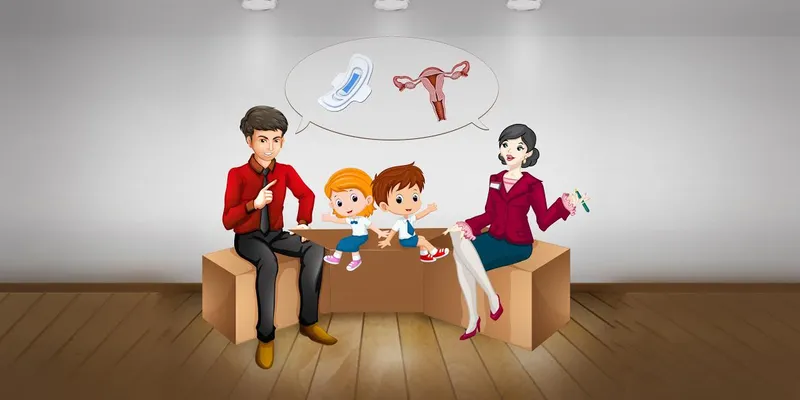
Eco Femme is a women’s empowerment initiative that provides education to girls and women about menstruation and how to have a dignified menstrual experience. This Auroville-based company produces washable and reusable cloth pads that sell internationally as well.
Two young women, Sarva Damani and Ayesha Alam, started Mukti Project to educate people about menstrual hygiene and also to help young girls continue their education. They realised that many female students were dropping out of school due to lack of knowledge on how to deal with menstruation. This led to the birth of Mukti Project, which has widened its scope of activity from only focusing on menstrual taboos to issues surrounding gender inequality and women’s safety in Mumbai.
Brinda Nagarajan took time out from her job and trekked to some of Uttarakhand’s remotest villages to help the underprivileged. She would go to remote schools and speak to girls about menstruation. She has also conducted workshops to increase awareness about menstruation among locals. Although the women in these villages seemed amenable to change, they continued to use old cloths pads during their periods. Brinda set up a livelihood for these women. They were taught how to stitch sustainable and reusable cloth pads.
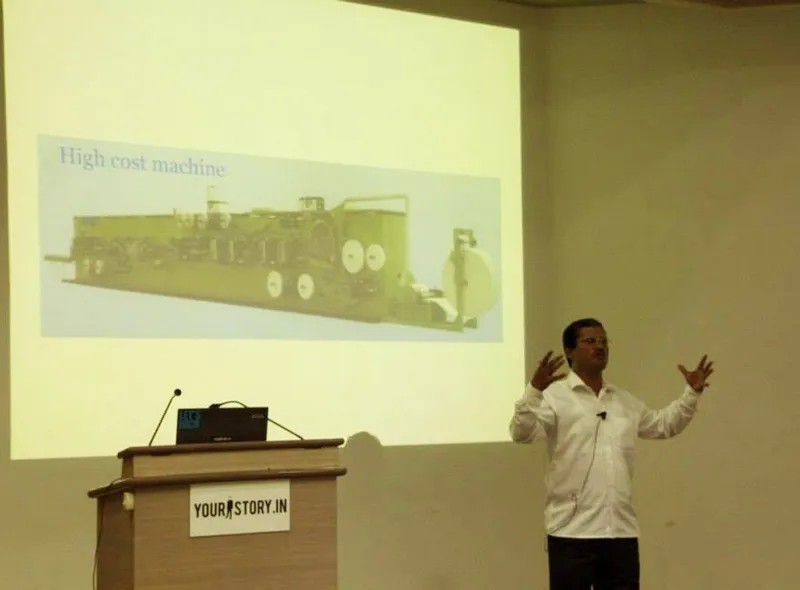
Arunachalam Muruganathan the ‘Pad Man’ is no ordinary man. He is the creator of the low-cost sanitary pad making machine. He revolutionised menstrual hygiene for women in rural areas in developing countries through this machine. In 2014, Time magazine listed him as one of the ‘100 Most Influential People in the World’. A biopic on Arunachalam called Pad Man is being shot starring actor Akshay Kumar.
Snehal Chaudhari and Kshitij Foundation
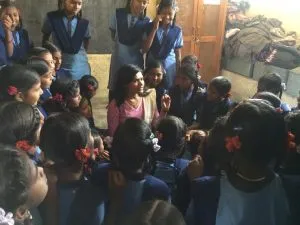
A software engineer by profession, Snehal Chaudari has been spreading awareness on menstrual hygiene through her NGO, Kshitij Foundation. While she was in class 12, Snehal learnt about the lack of menstrual hygiene in girls in rural areas, orphanages, and government schools. While she was working towards spreading awareness about menstrual hygiene, she came to know about some appalling facts related to how women were handling their menstrual cycles. The Kshitij Foundation is working on menstrual hygiene management since last four years. They spread awareness regarding menstruation among 10,000 adolescent girls and women from rural and tribal Maharashtra.They are conducting an online campaign with the hashtag #bleedthesilence wherein women can write stories about their first periods, myths, or any other issue they faced around menstruation.
Founded by Suhani Mohan and Kartik Mehta, Saral Designs is a platform that solves problems related to menstruation, hygiene, and sanitation. They have developed a machine for producing ultra-thin sanitary napkins at a decentralised scale. In 2012, Suhani learnt about the dismal state of menstrual hygiene in India while she met Anshu Gupta, Founder of Goonj. Till then, she hadn’t realised how rural women wouldn’t be able to afford sanitary pads due to their cost. She then teamed up with Kartik and explored ways to make low-cost sanitary napkin.
Swathi Bedekar and Shyam Sunder Bedekar
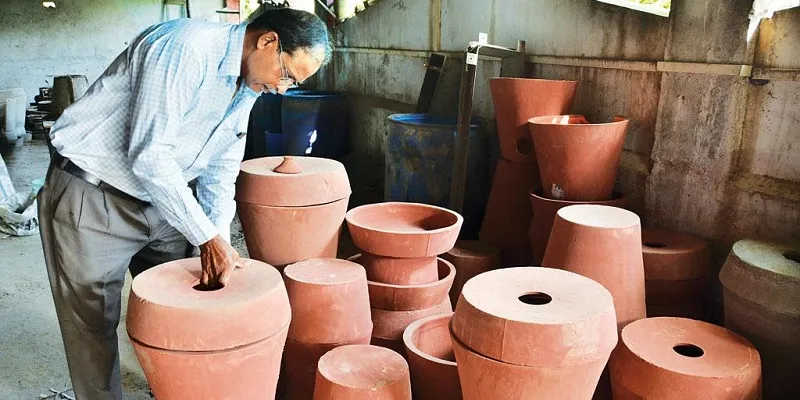
In an attempt to improve the menstrual hygiene condition of women in rural India, Swati Bedekar started the Vatsalya Foundation. She and her husband, Shyam Sunder Bedekar, came up with the idea for manufacturing low-cost sanitary napkins called ‘Sakhi pads’. However, a change from cloth to sanitary pads led to the issue of disposal and hence they developed an incinerator for disposal.
Healing Fields Foundation is an organisation that seeks to make healthcare affordable and accessible to people in India. In the areas of sanitary hygiene and sanitation, they recognised the need and demand for sanitary napkins and set up manual sanitary napkin units and sold the napkins at discounted prices in the villages.
Sacchi Saheli is a Delhi-based NGO that conducts sessions on menstrual awareness in various slums in the city. Through their Break the Bloody Taboo campaign, they are aiming to break the common myths amongst girls about menstruation.
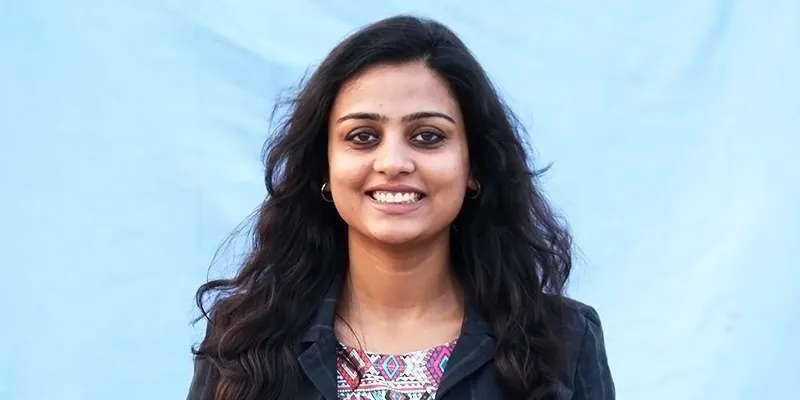
Aditi Gupta.
Aditi Gupta is the founder of Menstrupedia, a friendly guide to periods which helps females during their monthly cycles. The platform has made a great contribution by spreading awareness about menstruation. They also use a website, YouTube channel and comic book for the purpose.
Goonj, set up by Roman Magsaysay Award winner Anshu Gupta, focuses on creating change in rural India by contributing through cloth and other items. The NGO is making efforts to restore the dignity of the rural community. Their initiative ‘Not Just a Piece of Cloth’ addresses a serious need of women in villages by providing them with clean cloth sanitary pads.
Aakar Innovations provides biodegradable and affordable sanitary pads to rural women who do not have access to it. These pads are manufactured by women Self Help Groups who also distribute them in the village. The quality adheres to the Bureau of Indian Standards as well.
It might require a lot of effort to bring the topic into the open. It might mean discussing it freely with your younger brother or asking the pharmacist for a sanitary pack just like asking for a pain killer or a band aid. It might mean celebrating a girl’s monthly cycles by telling her it’s alright to take a break from work or indulge in that sweet. Let’s not make it complicated. Let’s embrace it with dignity.






